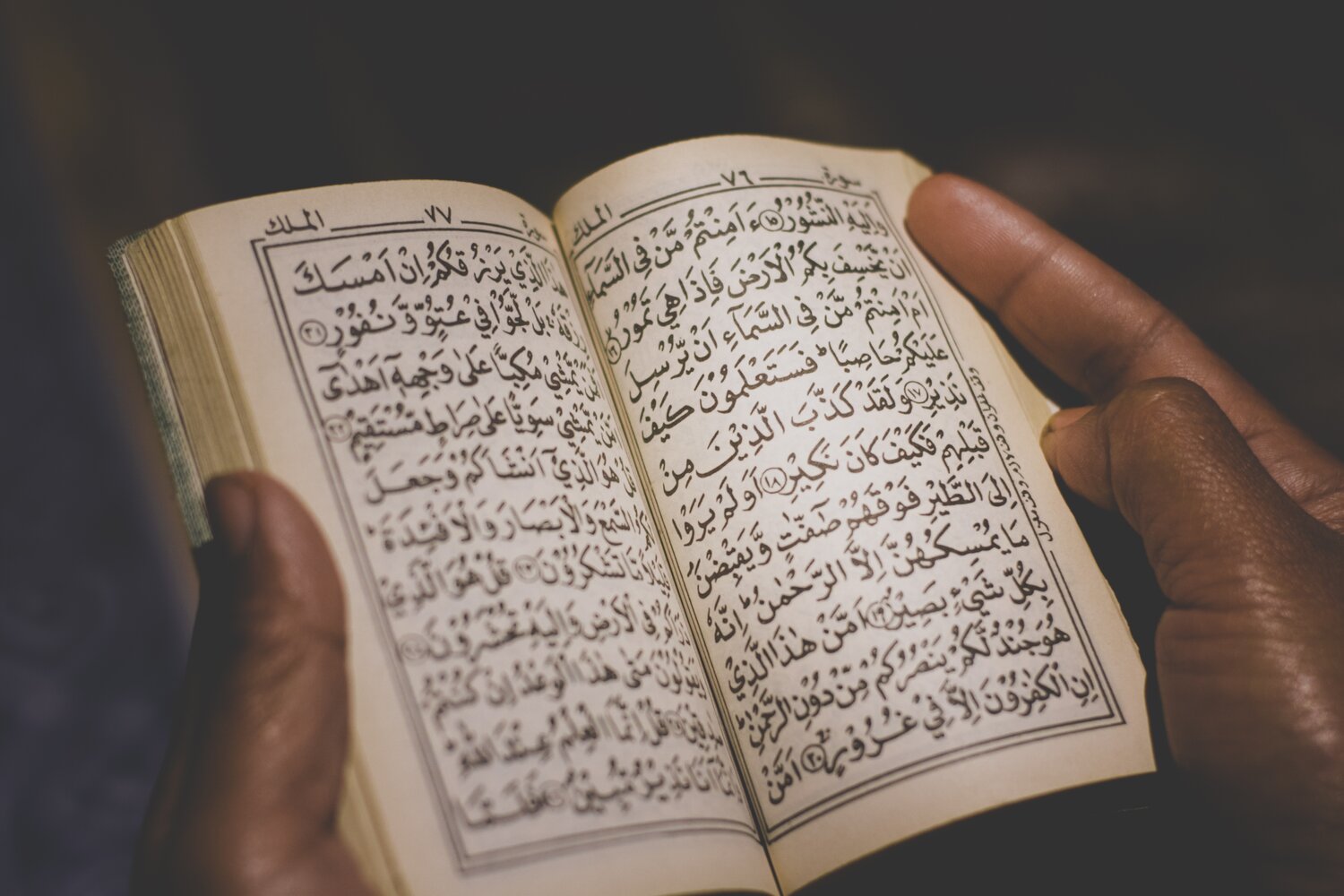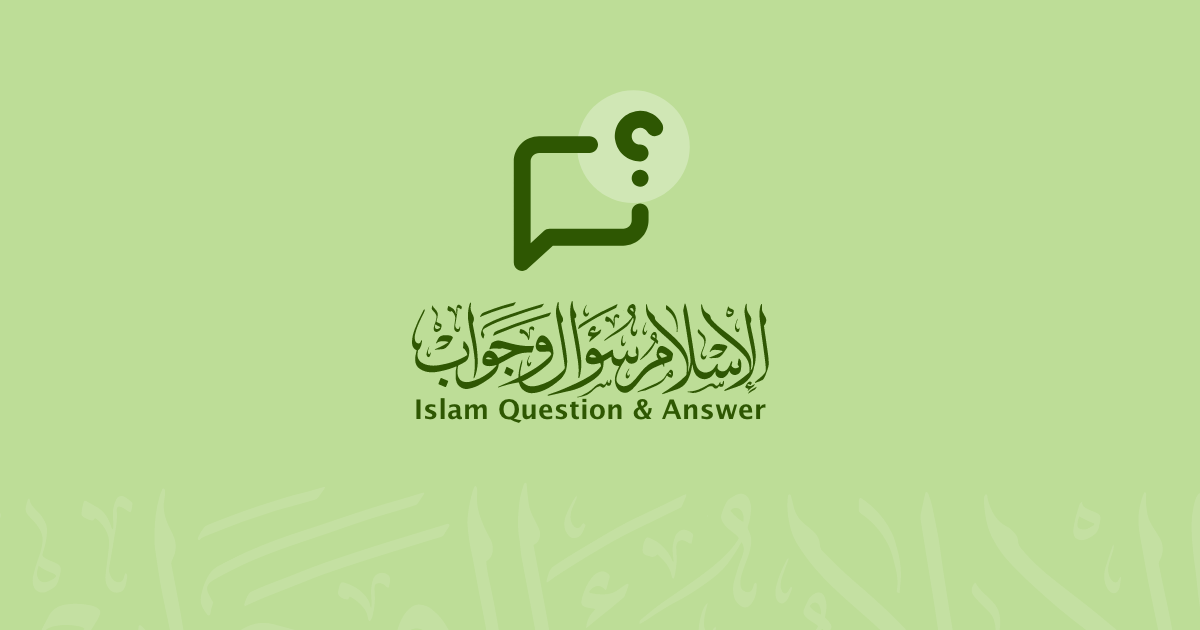Daniel Marsh
Well-Known Member
- Jun 28, 2015
- 9,890
- 2,682
- Country
- United States
- Gender
- Male
- Faith
- Christian
- Marital Status
- Married
- Politics
- US-Republican
Actually, the Quran employs it when Allah speaks. It goes further back before the 13th century...

If Allah is One, Then Why Does He Refer to Himself with the Plural Pronoun, “We”? — Basira Education
The use of the pronoun “we” to connote divine majesty an ancient Arabian rhetorical devices that has fallen into disuse in both modern Arabic and modern English. This has led modern readers to misunderstand pronominal references to God using the majestic “we” as a Quranic justification for the Trini
Upvote
0


